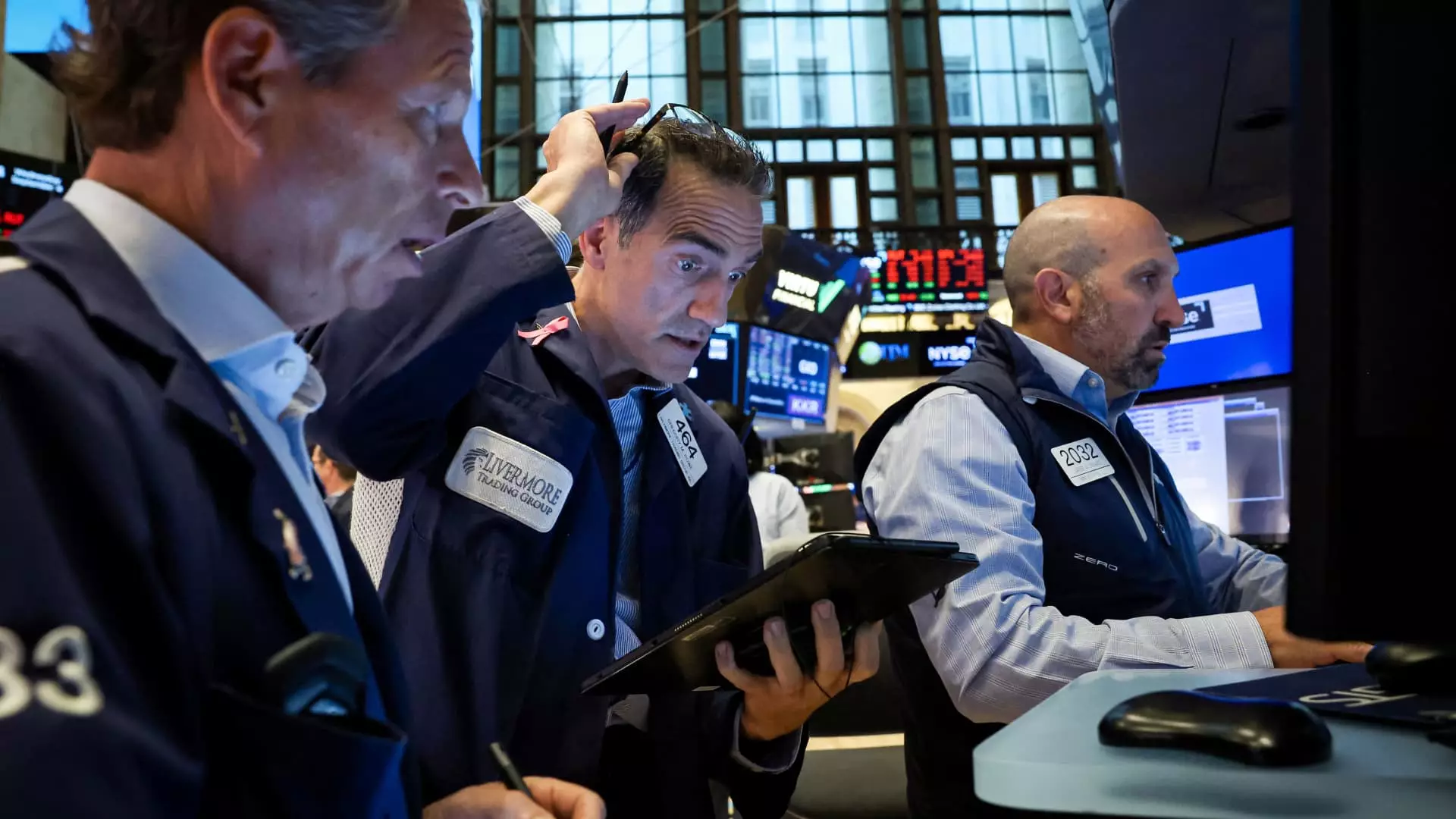The stock market has experienced considerable fluctuations since the Club’s monthly meeting in August, reflecting a complex interplay of investor sentiment, economic indicators, and sector-specific performance. While the S&P 500 climbed 1.8%, the Dow Jones Industrial Average and Nasdaq composite metrics showed even more considerable gains of 2.1% and 0.9%, respectively. However, this upward trajectory has not been without its challenges, as various macroeconomic factors have contributed to market instability.
Recent trends indicate that long-term concerns surrounding the generative artificial intelligence (AI) market and the Federal Reserve’s potential policy modifications are major contributors to market fluctuations. In effect, these forces have left investors in a state of uncertainty, causing the market to periodically shift between gains and losses. For example, September began on a shaky note, following a notably weak jobs report, which resulted in significant drops for major stocks, particularly Nvidia. This points to a broader theme: that rising interest rates and economic apprehensions over AI sustainability are currently top-of-mind for investors.
September’s rocky start marks a stark contrast to the strong performance seen over the previous four months. A notable case was seen in the performance of the S&P 500, which faced its worst week since March 2023, demonstrating how rapidly market conditions can change amidst evolving economic narratives.
In response to these market dynamics, strategic portfolio adjustments have become essential. The Club made the decision to reduce its stake in Eli Lilly and Procter & Gamble while completely divesting from Estee Lauder, a move believed to be prudent given its recent struggles. The proceeds were wisely redirected towards bolstering positions in companies aligned with current market trends, such as Dover, an AI beneficiary, and Nextracker in the clean energy sector, despite the latter facing short-term challenges. Additionally, entering a new position in Home Depot signals a strategic shift that takes into account market resilience and growth potential.
Investors have increasingly gravitated toward established, well-capitalized firms that are better positioned to weather an economic downturn. Amid this flight to safety, companies like Abbott Laboratories and TJX Companies have emerged as top performers, highlighting market shifts towards more stable growth.
Several stocks have caught attention for their robust performances since the last meeting. **Best Buy**, for instance, soared 17.7%, driven by dovish policy remarks from Fed Chair Jerome Powell during the Jackson Hole Economic Symposium. The retail sector relies heavily on housing activity, and any potential rate cuts could enable more consumer spending in electronics. Following a strong quarterly earnings report, Best Buy’s shares surged, affirming its resilience amidst economic turbulence.
Similarly, **Amazon** rebounded with an 8.5% increase primarily due to enthusiastic Wall Street ratings advocating for the e-commerce giant as a major player even amidst shifting consumer behaviors during uncertain economic times. Analysts emphasized that Amazon is strategically positioned to adapt and capture market share, further solidifying its long-term prospects.
**TJX**, a discount retailer, also saw an 8% spike fueled by a strong earnings report that reassured investors of its recession-resilient standing. The company’s profitability outlook gave it a competitive advantage as shoppers become more cautious with their spending patterns.
On the tech front, **Advanced Micro Devices** (AMD) experienced a notable 6.5% rise, largely attributed to pronounced recovery in chip stocks and positive updates about AI demand that piqued investor interest. This upward momentum underscores a market increasingly discerning about technology sector investments, especially concerning companies closely tied to advancements in AI processes.
Lastly, **Abbott Laboratories**, with a 6.1% increase, exemplifies the healthcare sector’s draw for defensive investment. Abbott’s introduction of its innovative continuous glucose monitor has bolstered its stock amid a broader rotation toward healthcare in the current economic climate.
Navigating today’s stock market necessitates both agility and a thorough understanding of current events and economic conditions. While volatility persists, astute investment decisions can yield significant gains amidst uncertainty. The shifts observed across multiple sectors demonstrate the impact of tailored investment strategies and prompt responses to macroeconomic signals. Forward-thinking investors who adapt their strategies by focusing on fundamentals and emerging technologies are likely to thrive, even in challenging market conditions.

